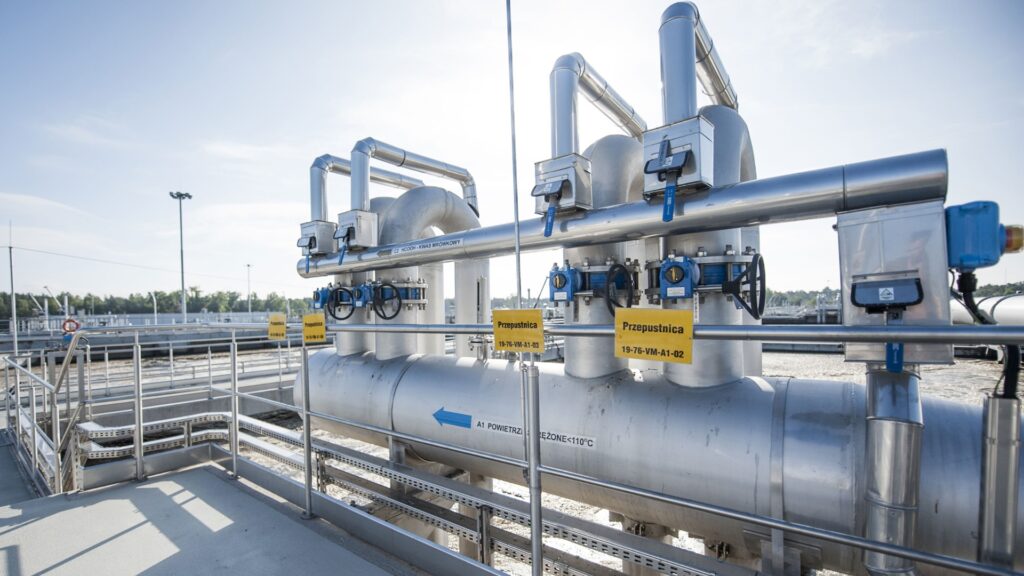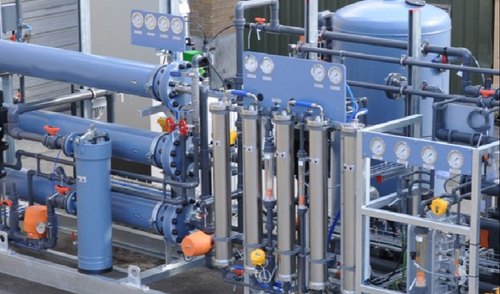sewage treatment plant
Sewage treatment (or domestic wastewater treatment, municipal wastewater treatment)
A large number of sewage treatment technologies have been developed, mostly using biological treatment processes. Engineers and decision makers need to take into account technical and economical criteria, as well as quantitative and qualitative aspects of each alternative when choosing a suitable technology. Often, the main criteria for selection are: desired effluent quality, expected construction and operating costs, availability of land, energy requirements and aspects.
Technologies Used
1. ASP : Activated Sludge Process
2. MBBR : Moving Bed Bio reactor
3. SAFF : Submerged aerated Fixed Film
4. SBR : Sequential Bioreactor
5. MBR : Membrane Bio Reactor
Sewage Treatment Plant process
Sewage can be treated by designing a sewage treatment plant (STP) which involves three stages: primary/preliminary, secondary and tertiary.
Primary treatment
In a sewage treatment plant, sewage water is first allowed to pass through screens or grit chamber where large solids are removed. This step is followed by aeration/mixing in a tank and then primary sedimentation where suspended solids settle down. Primary treatment involves addition of a coagulant and aims at removing grits, coarse solids, oil and grease if any present.


Secondary or biological treatment
This stage converts organic matter in sewage into stable forms through biological activities, resulting in secondary sedimentation. Common approaches are trickling filters and activated sludge method. Trickling filters comprise an enclosed tank with a bed of bricks and a layer of microorganisms. The effluent enters the tank through an inlet and trickles over the bed layer by sprinklers. Microbial activities oxidize the organic matter in the effluent, resulting in the removal of fine solids, formation of sludge and an effluent with less organic solids.
Tertiary treatment
The effluent then undergoes tertiary treatment/disinfection by incorporation of UV radiation or chlorination. Other methods such as sand filters and reverse osmosis may also be used instead for this stage of treatment, depending upon the nature of the sewage and the effluent from secondary treatment.

Roopokar Trade Center !
It has professionally qualified & Experienced Engineering team. The Company under takes consultancy on total implement turnkey project consisting of design, Engineering Manufacturing, Installation & Troubleshooting of textile machinery, Boilre etc. We are capable of conducting business in large volumes as per best Quality products at very competitive price. We always focus on the investment and upgrading technology manufacturing, expansion, raising Quality products.
Hey, We are looking Forward to start a project with You !
Roopokar Trade Center, a broadly acclaimed name to serve environmental sustainable solutions to the different industries across continents for more than one decade, covers the end to end value chain from designing to construction and operations as well as maintenance.